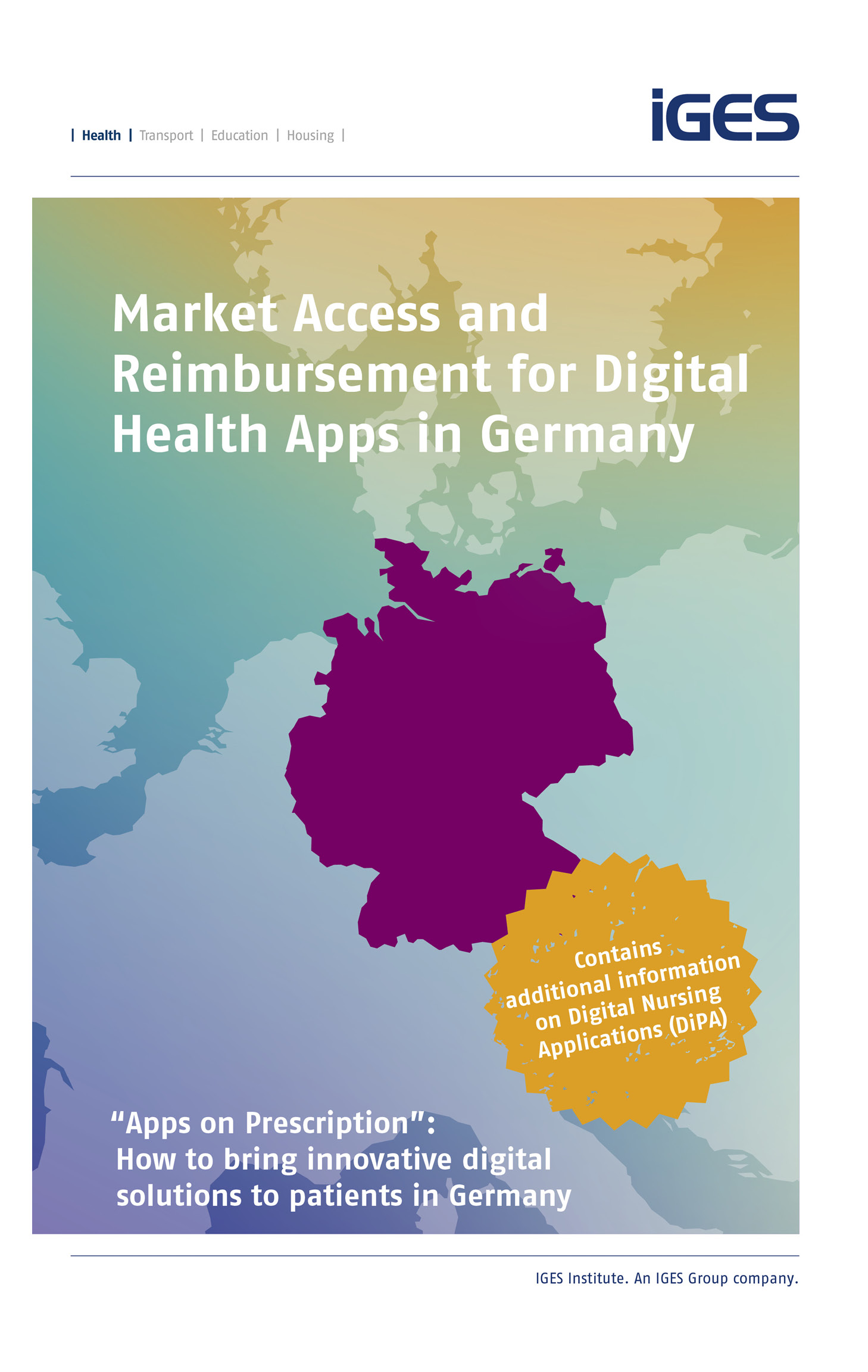Market Access & Reimbursement
The increasing adoption of digital health tools, including mobile health apps, holds great promise for improving human health. It simultaneously offers new approaches to managing health problems and enables targeted data to be collected on patients' health care in daily practice. Several types of digital health tools helped reduce the impact of the COVID pandemic and are now an integral part of the digital health landscape.
Developers of digital health products are looking for ways to provide a commercial return on their innovative digital products. In doing so, they rely on solid evidence of the efficacy and medical benefits of their products, while at the same time they need demand from users or decision-makers who prescribe the digital product.
Today, there are multiple commercialization routes for digital health products: Direct-to-consumer, value-based contracts, "medical device-like" and "pharmaceutical product-like" reimbursement models, as well as reimbursement models created specifically for digital health products. While digital health apps were initially marketed through public app stores in a direct-to-consumer business model, apps that offer the strongest health benefits are increasingly focused on prescribing physicians and payers.
